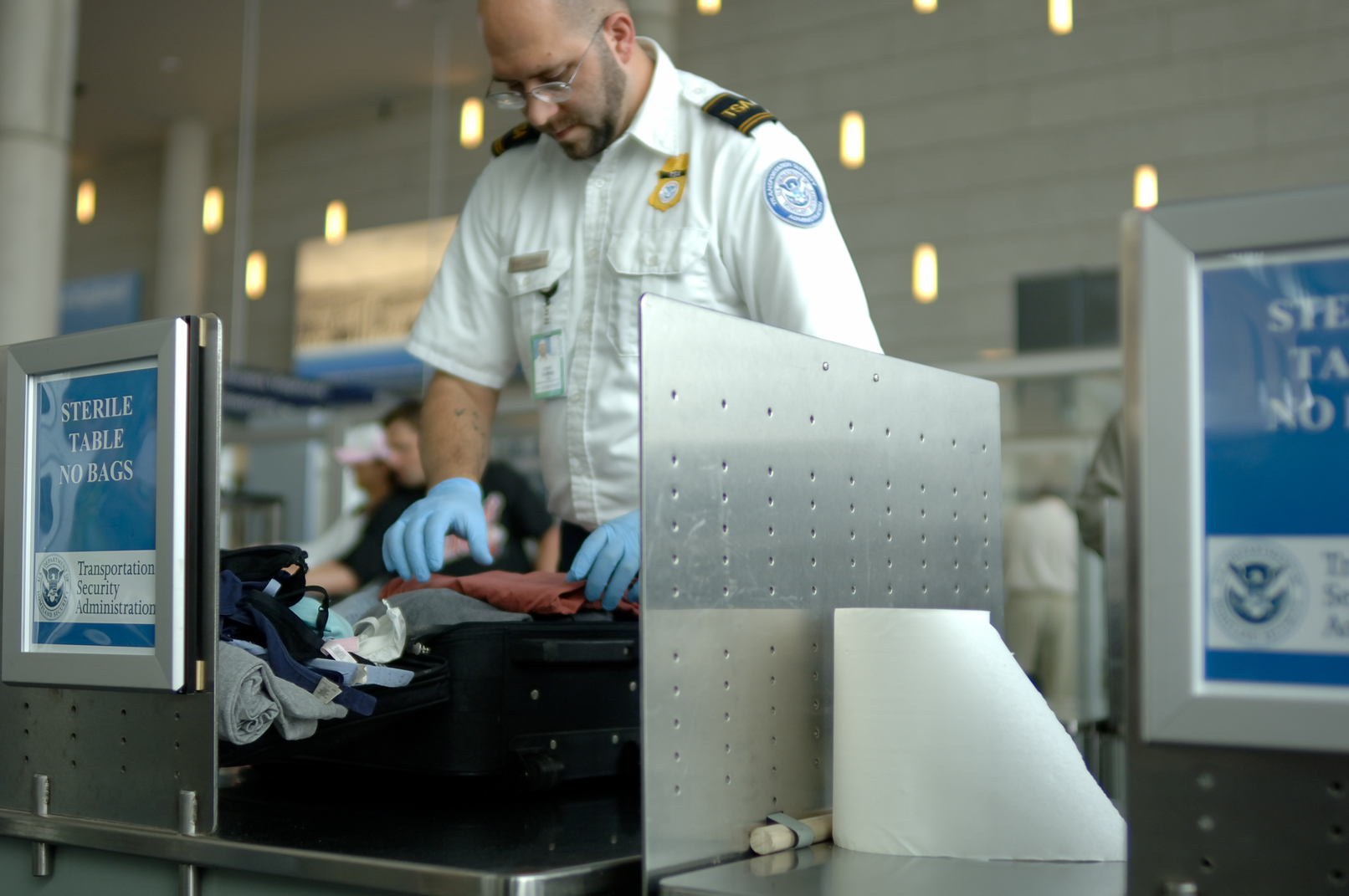On Tuesday, May 29, 2018, the United States Supreme Court denied Planned Parenthood's petition for a writ of certiorari in Planned Parenthood of Arkansas & Eastern Oklahoma v. Jegley (8th Cir. 2017). At issue is an Arkansas abortion law that requires doctors who provide medication abortions to contract with a second doctor who has hospital admitting privileges. Arkansas has three abortion clinics, two of which only offer medication abortions; only the abortion clinic in Little Rock offers surgical abortions. Arkansas would become the seventh state to have only one abortion clinic should the law stand.
The American Civil Liberties Union (ACLU) has released a report detailing widespread and severe alleged abuse of immigrant children by U.S. Customs and Border Patrol (CBP) agents between 2009 and 2014. Among 30,000 pages of documents obtained in an open records lawsuit are details of minors reportedly being beaten, threatened, sexually abused, and denied food and medical care by border agents.
Rising concerns nationwide about underage marriage are reflected in an impending proposal by a Utah legislator to raise the state's legal age of marriage to 18.
A federal district court judge has ruled the President cannot block users from his Twitter account based on their political views. The account is a public forum and as such the President's first amendment rights do not out weigh those of his Twitter followers. Read the full opinion and view the case filings at Justia.
Liuba Grechen Shirley is currently running for Congress in the Second District of New York. Last month, she asked the Federal Election Commission (FEC) for permission to use funds generated by her campaign to cover the cost of a babysitter for her two toddler-aged children.
Earlier this week, the U.S. Supreme Court issued a 5–4 decision in Epic Systems Corp. v. Lewis that companies can use arbitration clauses in employment contracts to prevent workers from suing them collectively.
A federal district court judge in Massachusetts recently issued a memorandum and order denying the government’s motion to dismiss a case challenging warrantless searches of electronic device at the US Boarder. The plaintiffs (ten United States citizens and one permanent resident) brought suit in September 2017 against the Department of Homeland Security (DHS), Customs and Border Protection (CBP) and Immigration and Customs Enforcement (ICE) alleging that the defendants’ conduct searching plaintiffs’ electronic devices at ports of entry to the United States violates the Fourth Amendment and First Amendment of the Constitution.
Attorney General Jeff Sessions issued a decision on Thursday, May 17, 2018, in which he ruled that immigration judges do not have the authority to indefinitely suspend cases before them.
On Tuesday, May 15, 2018, Riverside County Superior Court Judge Daniel Ottolia issued an oral ruling holding that the California Legislature acted illegally in passing a law allowing terminally ill adults to be prescribed life-ending drugs if a doctor determined the patient has six months or less to live. The law allows medical professionals the right to refuse to prescribe and dispense life-ending drugs. Further, the terminally ill patient must be able to self administer the drug.
In a 6-3 opinion, the US Supreme Court struck down a 1992 federal statute that prohibited most states from allowing sports betting. Ruling in favor of the State of New Jersey and against sports leagues including the NCAA, the Court found that the Professional and Amateur Sports Protection Act (PASPA) contained provisions that violated a doctrine known as the anticommandeering rule under the 10th Amendment, meaning that the law represented an unconstitutional overreach into state sovereignty.










